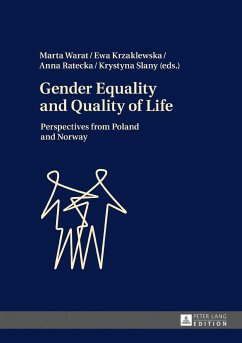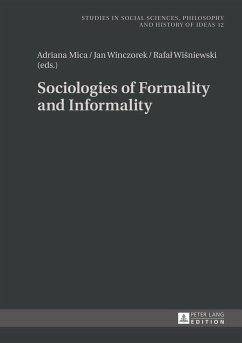
How People Use the Courts
The Disputes and Courts in Poland
Herausgegeben: Kurczewska, Joanna
Versandkostenfrei!
Versandfertig in 6-10 Tagen
60,85 €
inkl. MwSt.

PAYBACK Punkte
0 °P sammeln!
This book analyzes how people settle disputes in and outside of Polish courts. The preference for courts against informal settlements increased with the consolidation of the democratic legal state. Still, the compromise settlement remains the cultural ideal. The authors evaluate these circumstances in their extensive study of private disputes in the courts and of different types of individual settlements. They observed that the role of power behind these choices proved to be significant as people in better social positions are more inclined to use the courts and in worse social positions more ...
This book analyzes how people settle disputes in and outside of Polish courts. The preference for courts against informal settlements increased with the consolidation of the democratic legal state. Still, the compromise settlement remains the cultural ideal. The authors evaluate these circumstances in their extensive study of private disputes in the courts and of different types of individual settlements. They observed that the role of power behind these choices proved to be significant as people in better social positions are more inclined to use the courts and in worse social positions more inclined to deal informally with opponents in power. The ethnic factor surveyed in other former Communist countries is also related to the relative power of the different ethnic groups. The book investigates how institutional, social and cultural factors interact in shaping the dispute settlement patterns.














